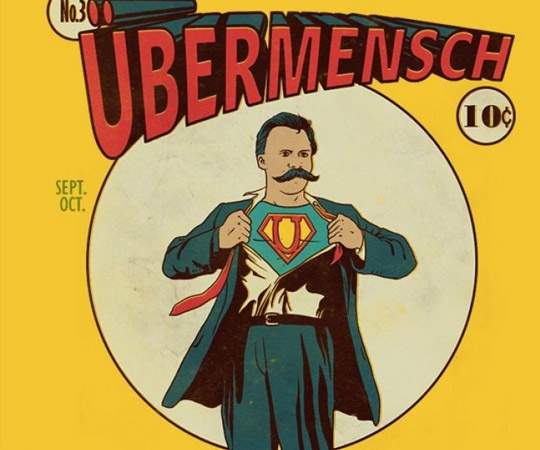Arthur Schopenhauer is a philosopher of the German tradition, a precursor to Friedrich Nietzsche. Indeed, old Friedrich was inspired by old Arthur in many ways.
Schopenhauer labelled his philosophy ‘pessimistic’. Why? Because it views all life as suffering.
Schopenhauer was inspired by Buddhism. He was enamored by Buddhism, going so far as to claim Buddhism is the ‘finest of all religions’. Buddhist thought in Schopenhauer’s mind is at the level of Kant and Plato, no mean attribution for a man of philosophy.
Schopenhauer identifies the ‘Will’ as key this idea of life as suffering. Conscious existence necessitates as ‘Will to Life’ as Schopenhauer calls it. But what is this ‘Will to Life’? It is the struggle. It is the interplay of the self and the world. It is desire. It is the need to survive. In more philosophical terms, it might referred to as the dialectic, the yin and yang.
In short, life is suffering.
Like the Buddhists, Schopenhauer advocates removing oneself from desire. For Schopenhauer, the ascetic person can have an opportunity to at least reduce the suffering foisted upon us by the Will to Life.
That is to say, if you can overcome desire, you can overcome pain.



